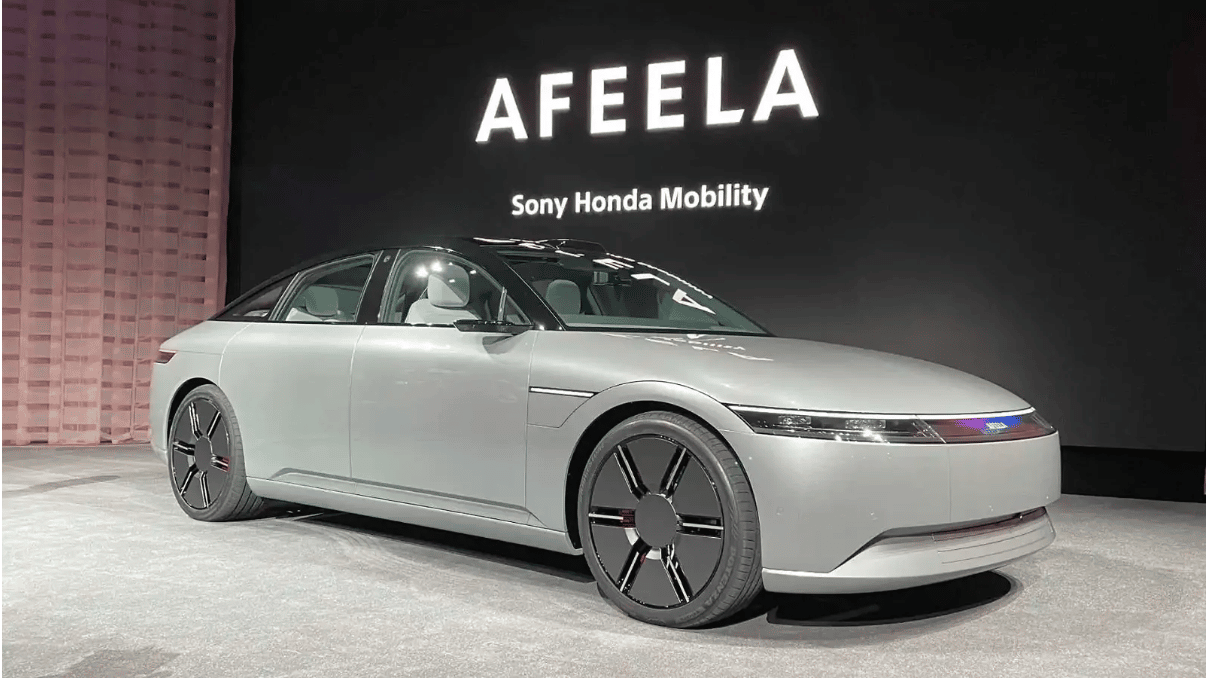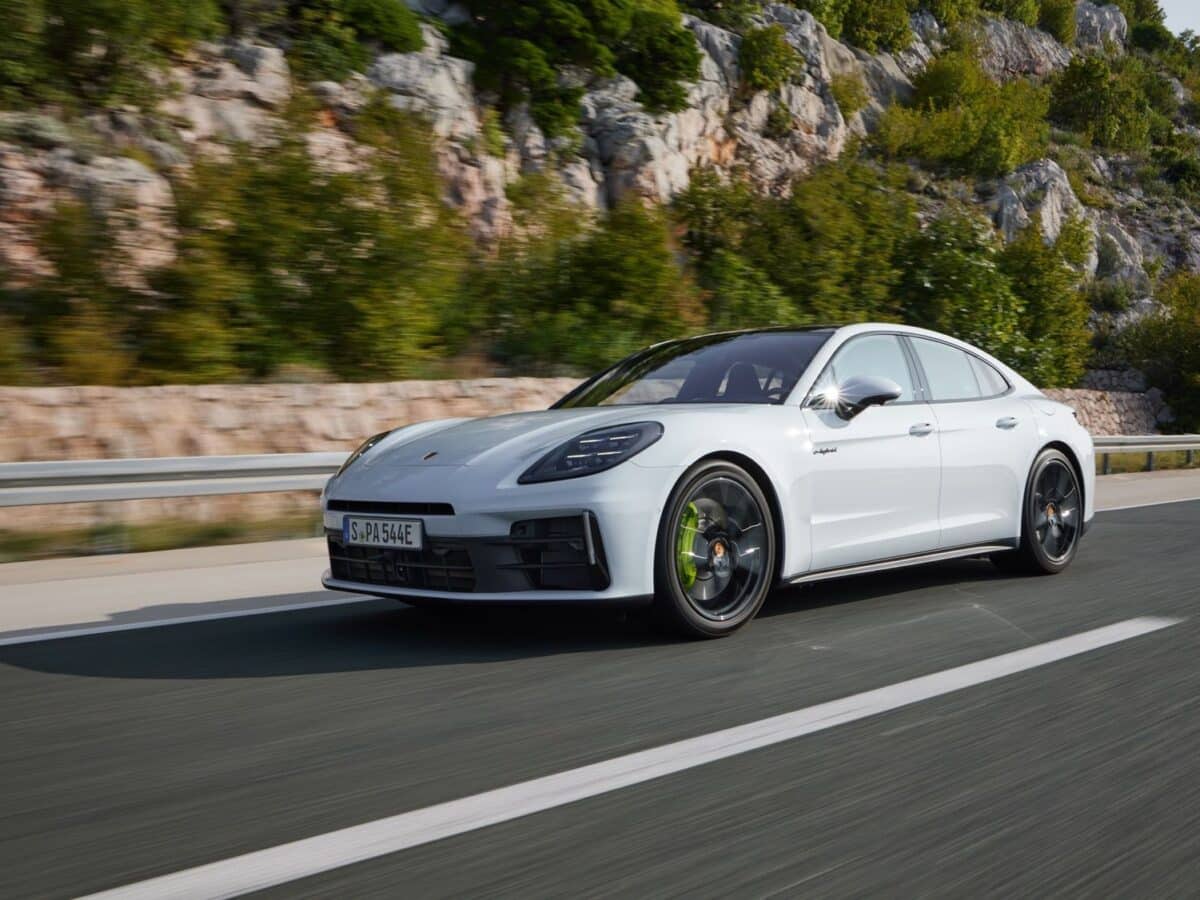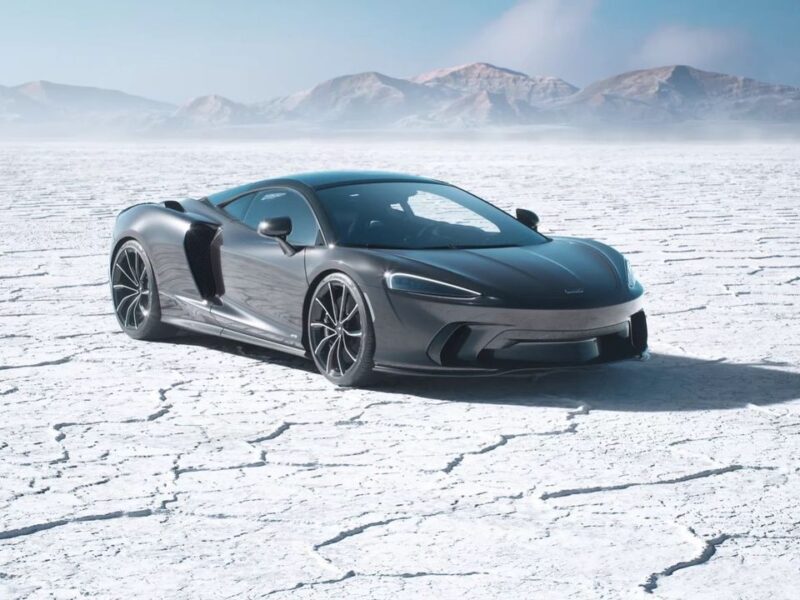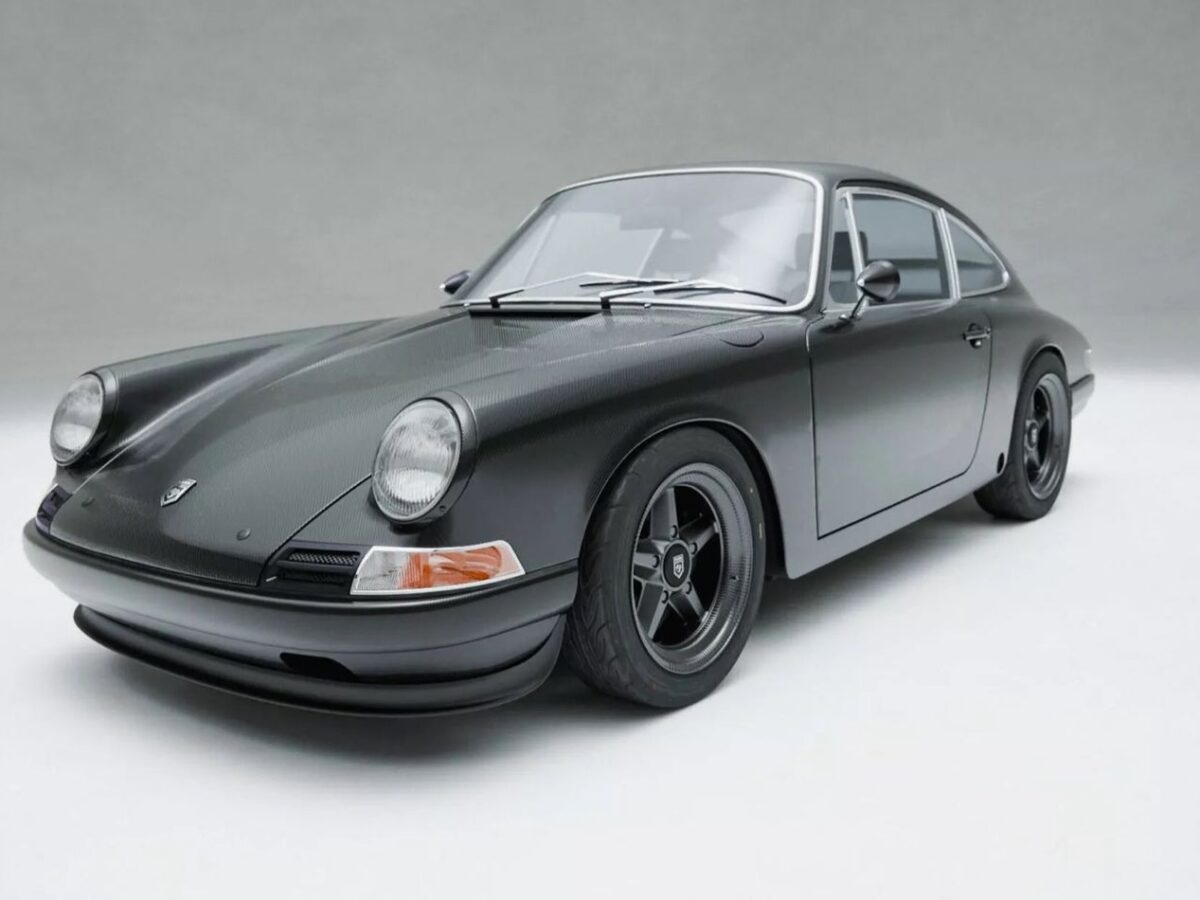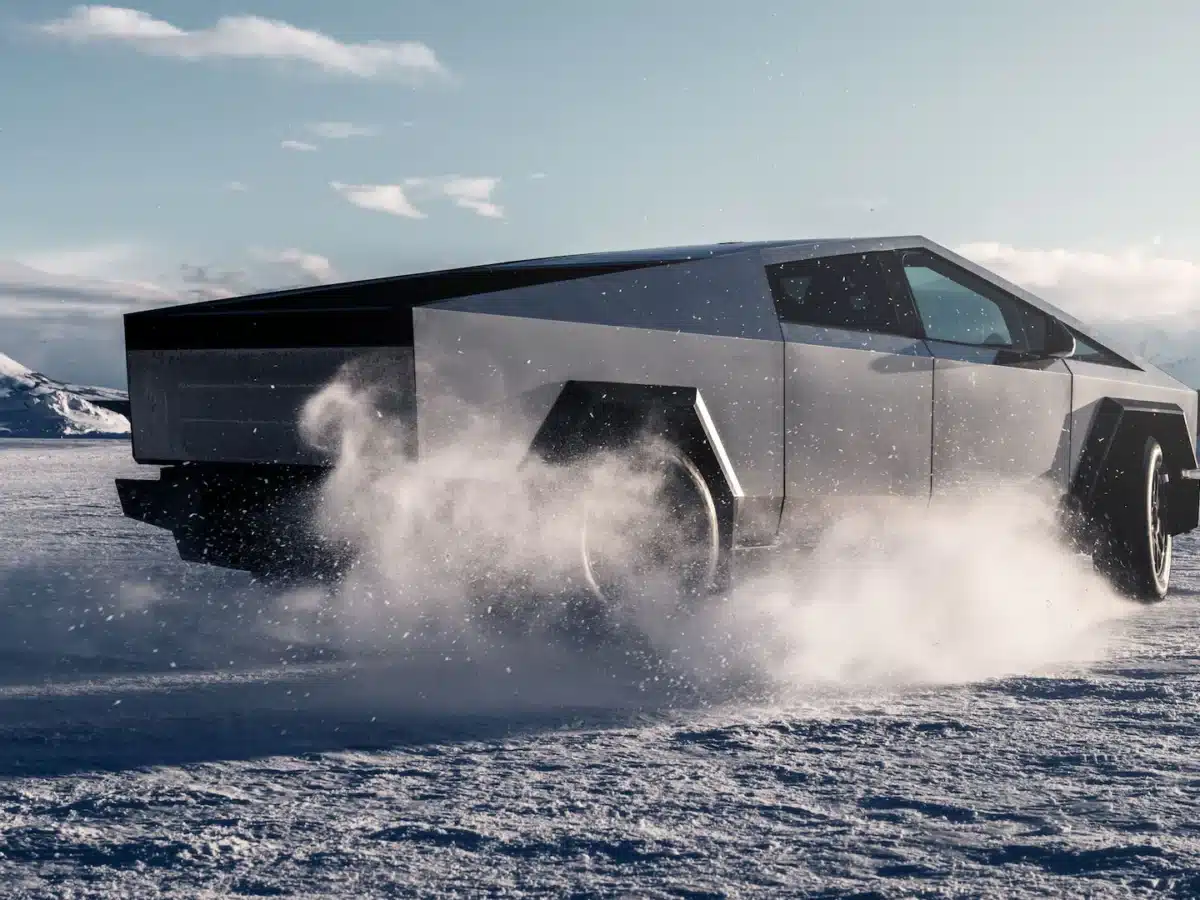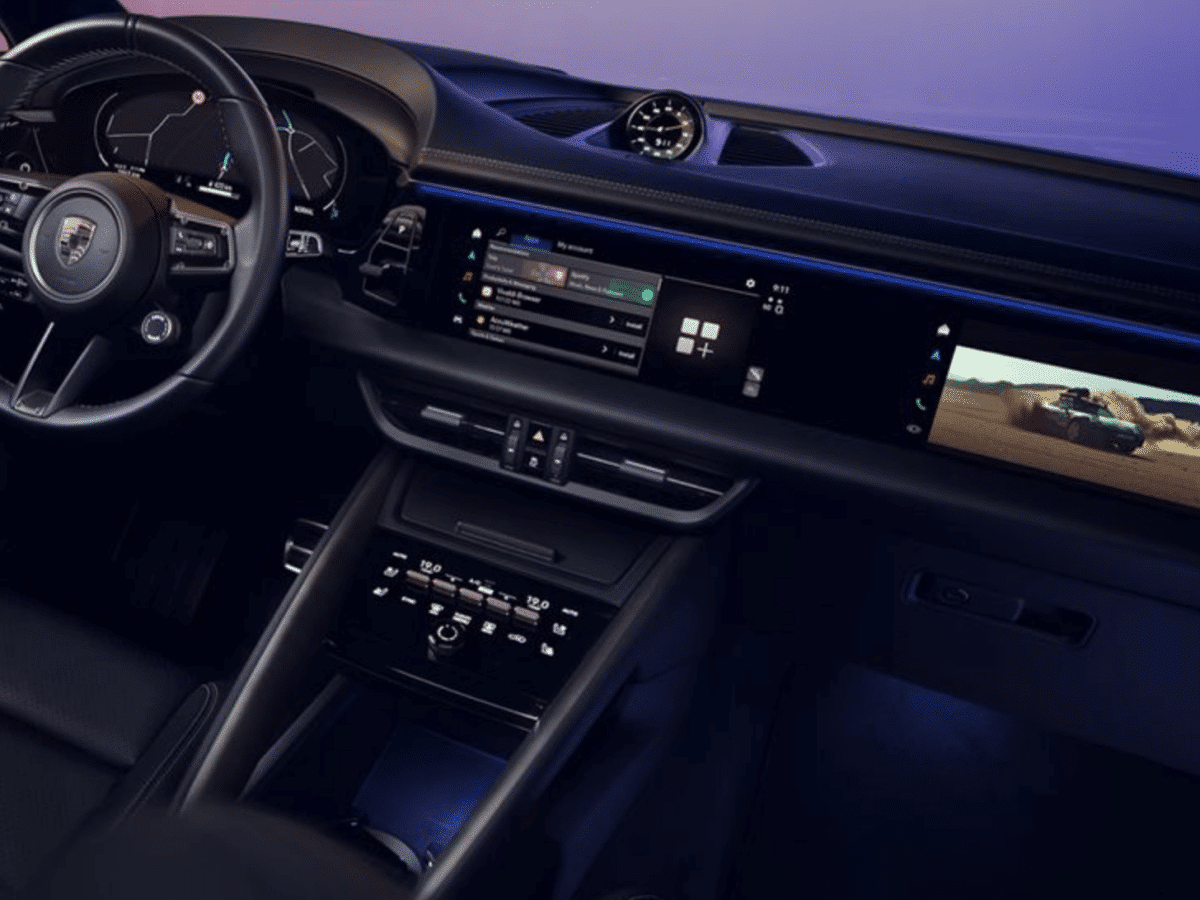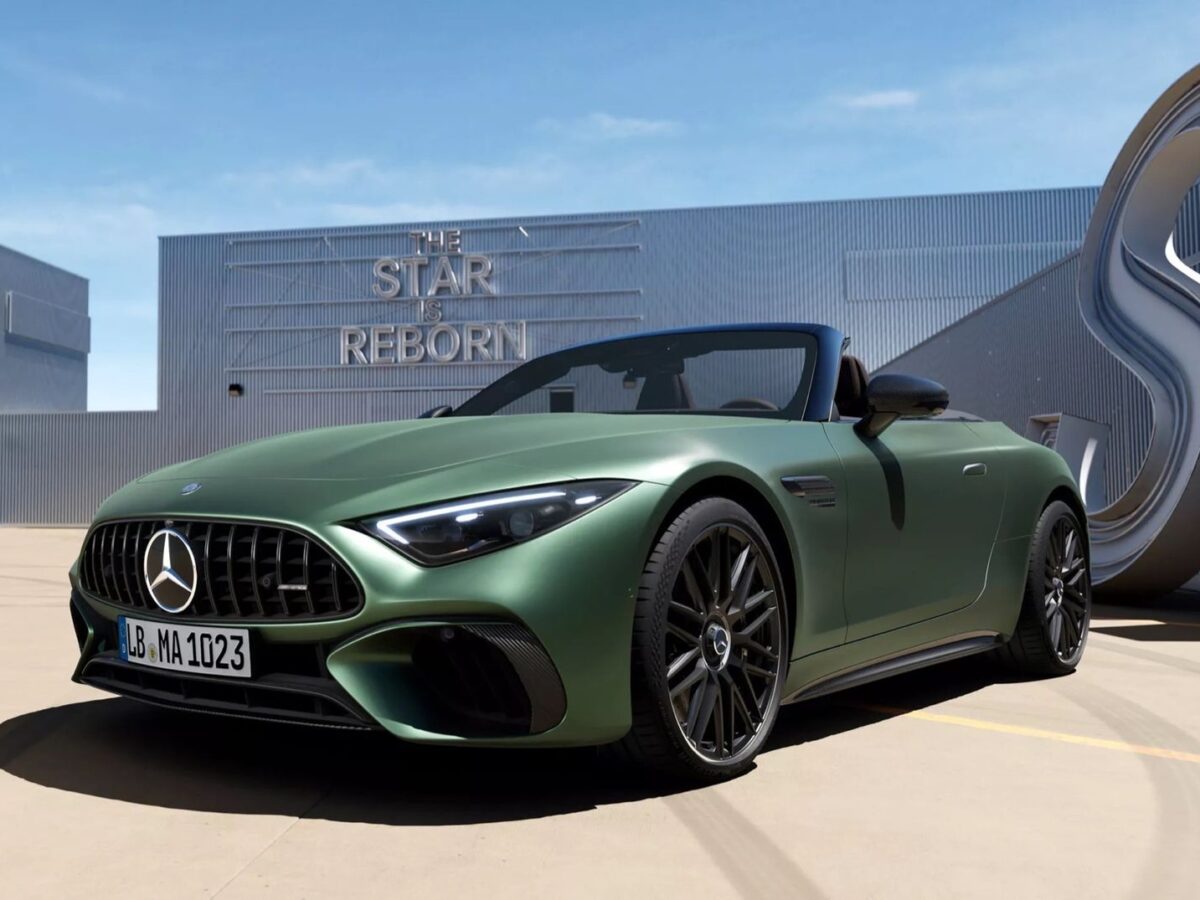When Sony first announced their intentions to enter the automotive industry, many were skeptical of the electronics giant’s ability to venture into such a vastly different field successfully. Without prior experience or partnerships in the industry, the idea of Sony creating an electric vehicle (EV) brand seemed ambitious at best.
However, the company quickly proved doubters wrong by revealing its partnership with Honda and showcasing a prototype of its new EV brand, Afeela.
Why the Partnership?
Before the joint venture was created, Sony had tried to develop its electric cars. The company started with Vision S in 2020 but could not release it for sale because the car was still in the testing phase.
Though Sony was highly experienced in the electronics industry, it didn’t know much about the car business. So the partnership with Honda (one of the powerhouses in the automotive sector) was necessary for Sony to achieve its goal of making cars.
Sony and Honda announced their plans to jointly produce an electric vehicle at the biggest technology trade show in the world, Consumer Electric Show (CES). This event was held in Vegas on January 4, 2023. The CEO of Sony Honda Mobility, Yasuhide Mizuno, shared this news when he revealed the prototype during a presentation.
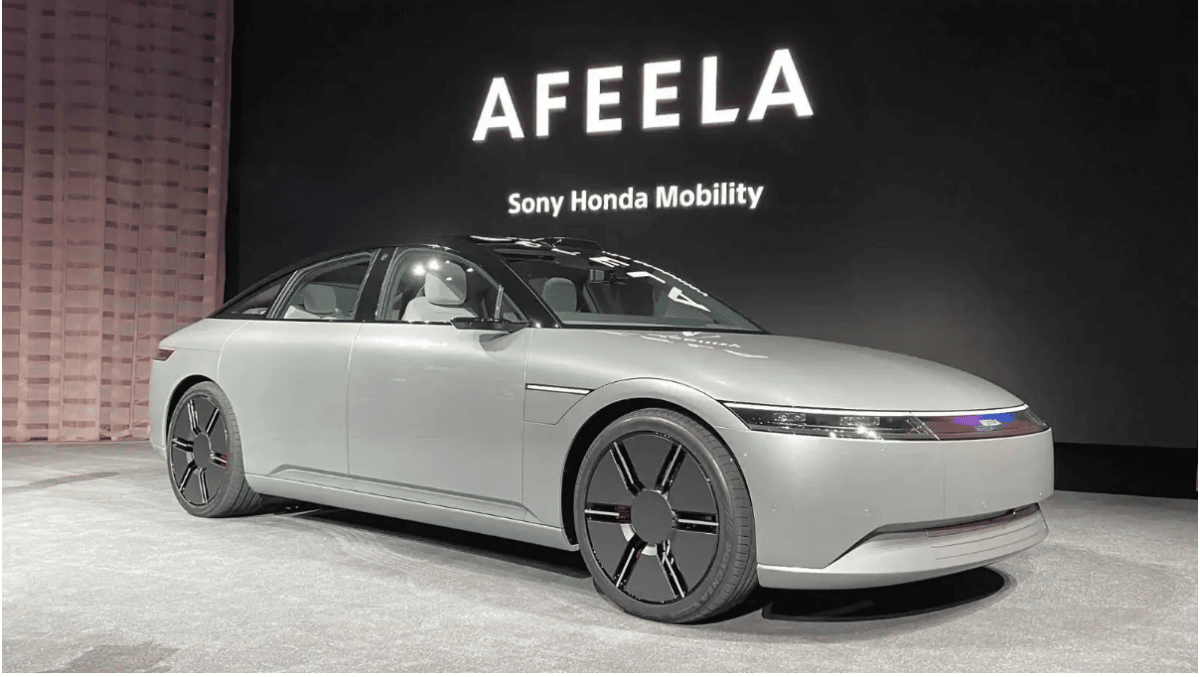
He also said the car brand would be called Afeela. The cars will be built in a Honda facility in Ohio. According to Mizuno, the core of the car brand’s creation is centered on the word “feel,” meaning the cars will interact with their human drivers to create an enjoyable driving experience.
The announcement was met with mixed reactions. While some praised the partnership between the electronics giant and the automotive powerhouse, others criticized the car’s design and the choice of name. Despite the criticism, Afeela plans to compete with established luxury electric vehicle brands such as Tesla and Lucid, and this article will compare Afeela with these industry leaders.
What is Afeela?
The Afeela electric vehicle boasts advanced technology, yet its design is underwhelming. Little is known about the car’s technical specifications. Still, according to the official website, the prototype is a five-seater, four-door sedan with all-wheel-drive capabilities featuring a gray interior and exterior.
However, Sony Honda Mobility is focusing more on the software features of the car. The CEO, Yasuhide Mizuno, stated in an interview last year that they are working to create a vehicle that incorporates all the “entertainment and network” offerings of the company.
The Afeela will feature advanced technology, focusing on its software capabilities. Equipped with 45 cameras and sensors, it will have the ability to detect people and other vehicles on the road, as well as use Qualcomm’s Snapdragon Chassis for Level 3 autonomous driving and Level 2 driver assistance in urban areas.
The joint venture is also collaborating with Epic Games, the owner of Fortnite, to install Unreal Engine in the cars. This 3D game engine will allow passengers to play games in Afeela, causing a smooth merging of real life and virtual reality and a seamless gaming experience.
Comparing Afeela with Tesla and Lucid EVs
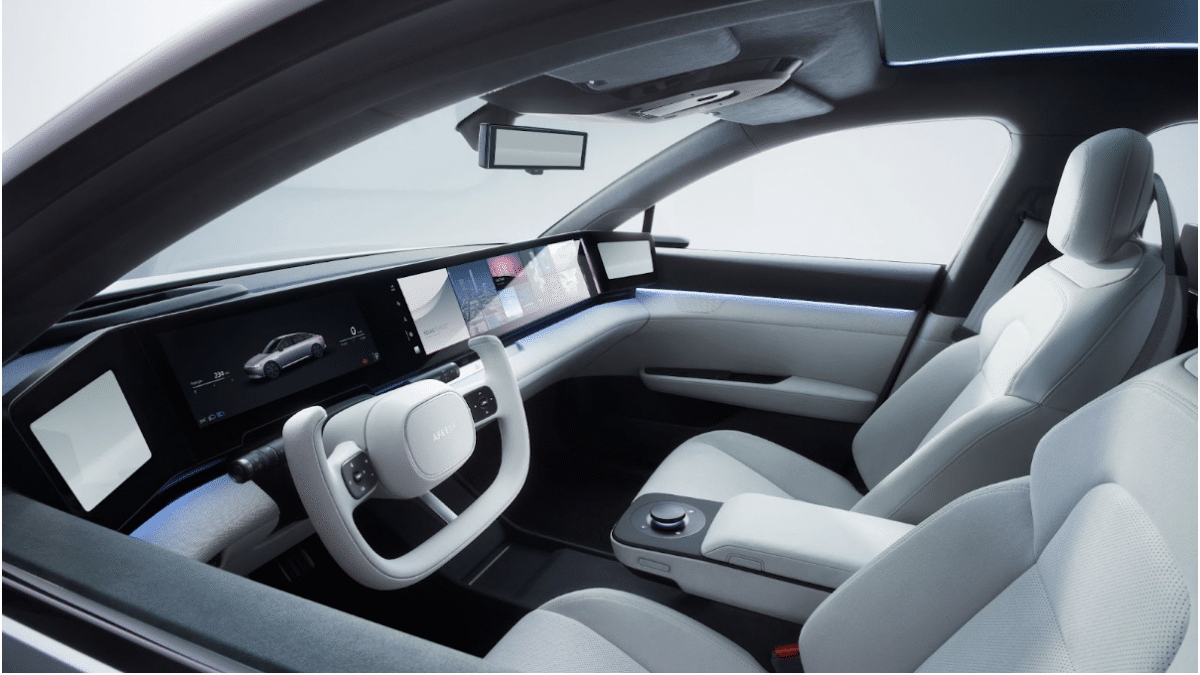
Without a doubt, Afeela will join the list of the coolest electric cars. It will be available for pre-order in 2025. The vehicle brand will be delivered to customers first in North America in 2026. All that we can use for comparison right now with Tesla and Lucid is the prototype and information released by Sony Honda Mobility.
Physical appearance
Apart from its high-tech software, there’s nothing particularly unique about the Afeela prototype. The car resembles most EVs on the market, especially the Lucid Air.
According to Afeela’s site, the car’s exterior was deliberately made bland to resemble a spaceship. However, Tesla paid more attention to the exterior of its vehicles, which are more elegant than Lucid cars.
Sony Honda Mobility made the car’s body as functional as possible and went all in on the software installation. Afeela cars will have a screen at the front, just like other EVs. But there are two additional screens for the back seats.
Furthermore, the car’s front display will be panoramic and cover the whole dashboard. At the same time, the steering wheel will be a yolk one (like Tesla’s EVs) to free the driver’s view of the front screen.
There is also a media bar at the front and rear of the car – it’s like a screen in between the headlights. This will display basic information like weather updates and charging status.
Specifications
Sony Honda Mobility (SHM) has not provided much information about Afeela’s specs. Its recharge time is currently unknown, so there’s nothing to compare with Tesla or Lucid’s latest models.
Tesla and Lucid’s cars are among the fastest EVs in the world. Tesla’s latest sedan, Model S Plaid, is exceptionally fast, with a peak power of 1020 and three electric motors. It has auto-pilot features, which allow the car to drive, change lanes and park itself automatically. The battery can last for 405 miles.
For a company that’s still new, Lucid’s performance on the EV scene has been impressive. Its latest model, Lucid Air Sapphire, is currently the most powerful sedan in the world. In less than two seconds, the car can speed up to 60 miles per hour from a stop. Lucid Air is also a four-door sedan with five passenger seats.
These two EV brands have strong electric motors and long-lasting battery lives. For Afeela to rank high among them, it has to offer the same specs or more.
Software
Tesla is the forerunner in installing games and other entertainment in electric cars. However, Afeela might overthrow it with Sony’s support. Sony has gaming and movie subsidiaries, so it’s quite possible PlayStation games and movies might be available on the cars’ screens.
Looking at the features of the Afeela prototype, it’s clear that SHM imitated both Lucid and Tesla cars. For instance, the exterior body looks like a Lucid car, and the interior resembles a Tesla’s. Also, the sensors installed in and outside Afeela are reminiscent of the ones Tesla uses to make its vehicles self-driving.
Pricing
Like Tesla, Afeela plans to use the subscription model to offer extra services to customers. There’s a pricing limit these companies have to abide by to enjoy tax benefits. So the subscription model is how they can afford to provide luxury services in their vehicles.
The Lucid Air costs around $170,00, while a Tesla Model S is around the range of $110,000. The price of Afeela is not known yet. But with the car’s high-tech features and intention to compete with other luxury EVs, its price might be within the ranges of Tesla and Lucid.
Is Afeela from Sony and Honda the Future of EVs
To be competitive in the luxury electric vehicle market, Afeela must offer features that are on par with or exceed those of its rivals. Sony and Honda are well-established companies in the gaming and automotive sectors, respectively, and are known for producing high-quality products. Therefore, if the statements made by Sony Honda Mobility are accurate and improvements are made to the design of the Afeela vehicle, it could potentially be a strong competitor for Tesla and Lucid by 2026.

